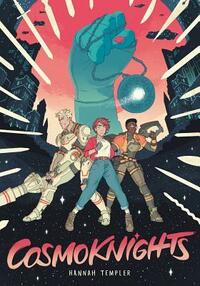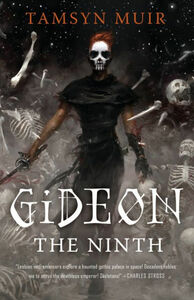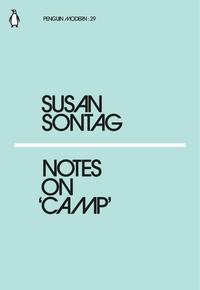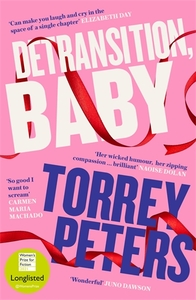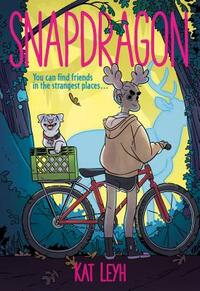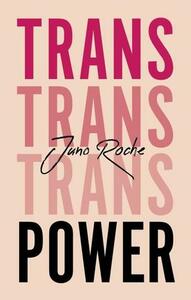Take a photo of a barcode or cover
mars2k's Reviews (234)
Natural Supernaturalism: Tradition and Revolution in Romantic Literature
The Future of Difference: Beyond the Toxic Entanglement of Racism, Sexism and Feminism
Sophie Lewis, Sabine Hark, Paula-Irene Villa
It would be more accurate to say this book is around the attacks in Cologne than about them. And that would be fine if the topic were used as a jumping-off point to then discuss feminists’ susceptibility to racism or how racists co-opt feminist rhetoric as a Trojan horse for their agendas, but it isn’t. It’s just referred to repeatedly without much being contributed to the conversation.
I don’t have too much to say about the story because honestly it’s quite simple. I worried the feminist critique was a little too simplistic and bordering on naïve, but Kate came along to say exactly what I was thinking:
Moderate: Cursing, Misogyny, Sexism, Violence, Blood, Stalking, Injury/Injury detail
Minor: Child abuse, Confinement, Death, Gun violence, Police brutality, Medical content, Kidnapping, Alcohol, Classism
Enigma is a good book. It’s not perfect, but I must admit I like it both in spite of its flaws and because of them. I’ll definitely revisit it at some point. I recommend you give it a read.
Moderate: Animal death, Body horror, Confinement, Cursing, Death, Gore, Gun violence, Homophobia, Incest, Infidelity, Mental illness, Sexual content, Suicidal thoughts, Suicide, Violence, Blood, Medical content, Car accident, Death of parent, Murder, Abandonment
Minor: Ableism, Addiction, Cancer, Child abuse, Drug use, Misogyny, Forced institutionalization, Xenophobia, Excrement, Grief, Cannibalism, Fire/Fire injury, Alcohol
Trying to explain camp is like trying to explain a joke or a magic trick – it’s awkward and deflating and something of a faux pas. That’s not to say Sontag had nothing insightful to offer. I liked the idea of a continuity of Dandyism and Camp with Oscar Wilde standing as a transitional figure, the idea of “Being-as-Playing-a-Role”, and of irony triumphing over tragedy. But then that’s all she has: ideas. From the title I should have known to expect only Notes, but I can’t help but feel a little disappointed that Sontag didn’t take this sketch and use it as the basis for something more refined. Notes on Camp feels incomplete. I don’t quite understand why it was published, what it’s trying to say, or who it’s for. The blink-and-you’ll-miss-it mention of homosexuality left me particularly perplexed. Sure, this was written in the 1960s so I imagine there was some (self?-)censorship involved, but even so it just feels ridiculous for her to have written an essay about camp and disregarded queer culture almost entirely.
Minor: Homophobia, Sexual content, Antisemitism, Classism
Exceptionally well-written, until the ending where it felt like the brakes were slammed; it faltered then just kind of stopped, and not in a satisfyingly unsatisfying way. Still, I liked it a lot.
Graphic: Infidelity, Misogyny, Sexism, Sexual content, Toxic relationship, Transphobia, Grief, Stalking, Pregnancy, Outing, Dysphoria
Moderate: Alcoholism, Chronic illness, Cursing, Deadnaming, Death, Domestic abuse, Drug use, Emotional abuse, Hate crime, Homophobia, Miscarriage, Panic attacks/disorders, Physical abuse, Self harm, Sexual assault, Suicide, Violence, Blood, Abortion, Suicide attempt, Alcohol, Injury/Injury detail
Minor: Ableism, Adult/minor relationship, Animal cruelty, Animal death, Eating disorder, Incest, Infertility, Pedophilia, Racism, Rape, Suicidal thoughts, Forced institutionalization, Medical content, Trafficking, Car accident, Murder, Lesbophobia, Colonisation, Classism
Moderate: Animal death, Bullying
Minor: Ableism, Body horror, Death, Domestic abuse, Gore, Misogyny, Racism, Self harm, Toxic relationship, Transphobia, Blood, Excrement, Lesbophobia, Injury/Injury detail
This book really elicits the freedom to transgress. I particularly liked the last two interviews with Amrou and E-J Scott; the two of them were so insightful and self-assured.
Graphic: Animal death, Body shaming, Cursing, Sexual content, Dysphoria
Moderate: Addiction, Animal cruelty, Bullying, Chronic illness, Death, Drug use, Homophobia, Mental illness, Misogyny, Panic attacks/disorders, Racism, Rape, Sexism, Sexual assault, Suicide, Terminal illness, Transphobia, Violence, Blood, Medical content, Grief
Minor: Ableism, Cancer, Fatphobia, Hate crime, Slavery, Suicidal thoughts, Suicide attempt, Death of parent, Outing, War, Classism



